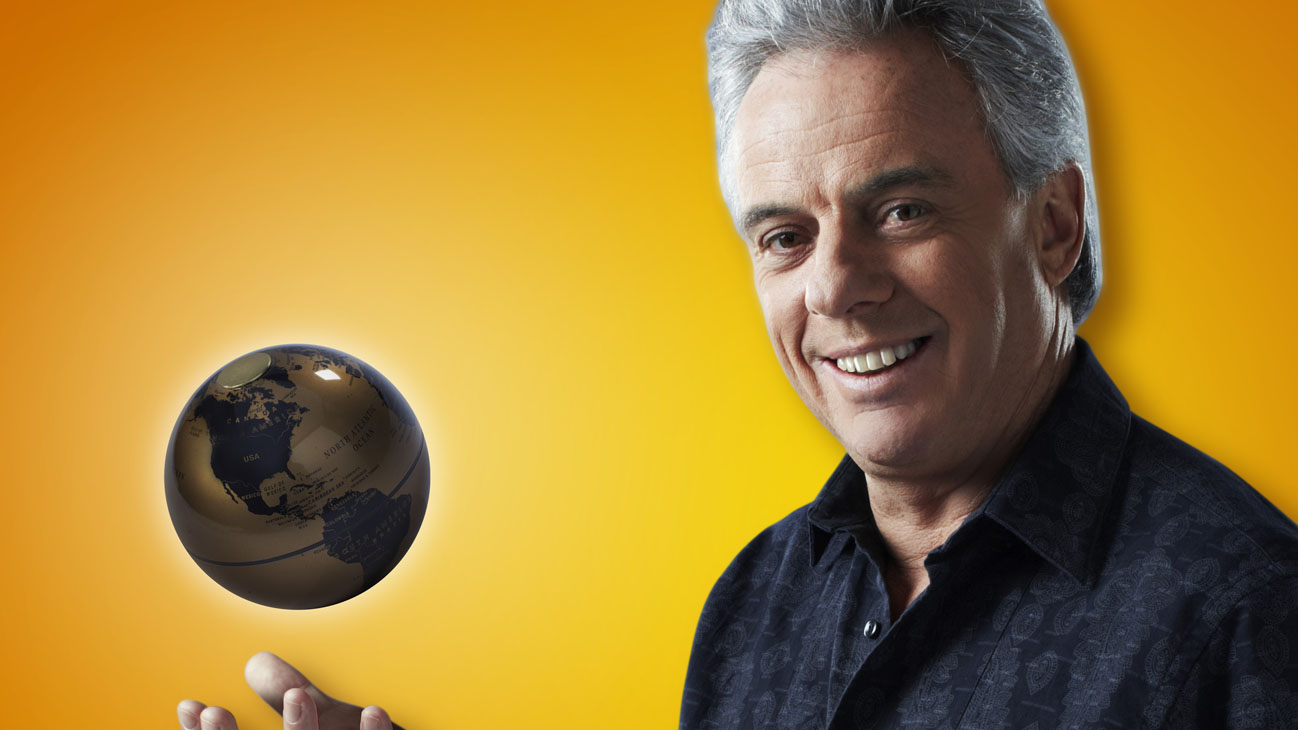The host of CBC Radio’s Quirks and Quarks, Bob McDonald, is interviewed by Travis Bortsmayer of The Calgary Journal:
Bob McDonald is the rock star of Canadian science journalism.
He investigates everything from the smallest atoms to the biggest galaxies, and shares what he finds with nearly 500,000 weekly listeners as host of CBC Radio’s award-winning weekly science show Quirks and Quarks.
Throughout the better part of his 40-year career, McDonald has dedicated himself to educating young and old about the nature of science and technology’s place in the world.
….
You have been decorated with numerous awards, and most recently the Order of Canada. How did your long career as a science journalist begin?
I didn’t start as a science journalist, I didn’t go to journalism school, I don’t have a science degree. I’m a dropout.
Bob McDonald recently visited Mount Royal University to talk about issues and questions that stand on the forefront of modern science.
I didn’t know what I wanted to do with myself like most kids. I was always interested in science though because I grew up in the space age. Then some opportunities came along thanks to friends and mentors and the first one was at the Ontario Science Centre in Toronto.
They wanted people who had an interest in science and the ability to communicate. I seemed to have the gift of the gab and they liked that so they hired me, and I just started working really hard.
Every now and then the media would call up and ask for someone from the Science Centre to come on the news. So then I just started appearing on Canada AM and CBC and Global and all these programs.
Before you hosted Quirks and Quarks you hosted Wonderstuck, an educational program for children. Why do you think it is important to educate young people about science?
Because they’re the future, I’ve spent a good part of my career working with young people because they’re the ones who are going to inherit the world that we’ve created for them.
If we’re going to solve some of the issues that we have to deal with right now, like how we use energy, how we use our water, how we use food, how we deal with climate change, they’re the ones that are going to have to do that.
You can’t teach science to an adult, they already know it, and they’ll say okay I’ve already made my career decision. But the young people — they haven’t decided yet.
I’m not saying they all have to be scientists, but at least be scientifically literate a little bit.
Your book, Measuring the Earth With a Stick, seems like a more personal take on your curiosity towards science. What can we expect to find inside the book?
I’ve done a lot of travelling and been all over the world, and I wanted to take my adventures, and use that as a framework to talk about different aspects of science.
I talked about an experience I had in Africa, while I was lying on a hillside in the great African rift valley in Tanzania at night, and I realized where I was on planet earth: that I was on the side of the earth. And I started getting this sense of vertigo, that the sky was no longer above me it was in front of me, and the earth was behind me. I thought, boy if I let go of this hill I’m going to be left out in space.
That’s how the book goes: I’ll take an experience of my own, and then take a piece of science.
Why do you think it is important for mankind to continue attempting to explain the unexplained?
I think it’s hilarious that here we are in the 21st century and we think we’re so smart. We thought we had the universe all figured out. Yep there’s how old it is, and it started with a big bang, and it’s been expanding.
Then all of a sudden we find out that there are two fundamental things, one of them dark energy, the other one dark matter. Together they make up more than 95 per cent of the universe. So most of the universe is missing.
I find that hilarious, but it’s also humbling and that’s the way science works. It has always been the case that what we don’t know exceeds what we do know
What about science has the potential to be of great importance to us in our future lives?
There are always two sides of science: there’s the practical side, applied science. We’re trying to make cars more efficient or change the technology to electric, that’s applied science. Then there’s the basic science which is ‘why is the sky blue’ stuff where you don’t know what you’re going to get out of it.
The basic stuff is being left behind which I think is wrong, because in historical context if you look back, all of the big leaps in thought have come out of basic science.
I think in the near future we’re going to see a turning inward. Because we have some big issues we have got to deal with right now with climate change and our population getting so large.
From The Calgary Journal, February 21, 2013

